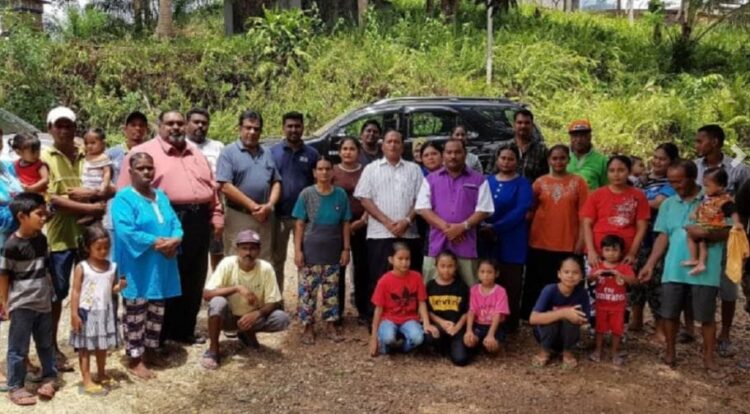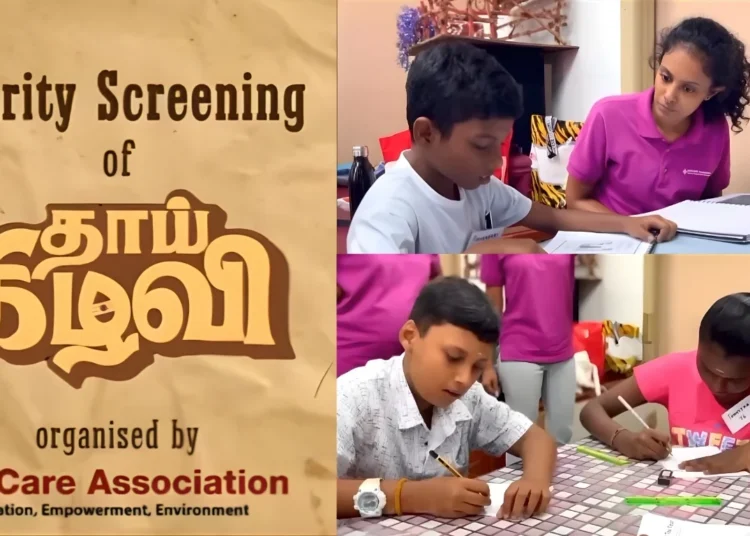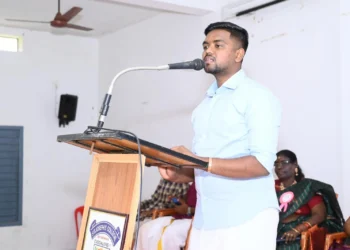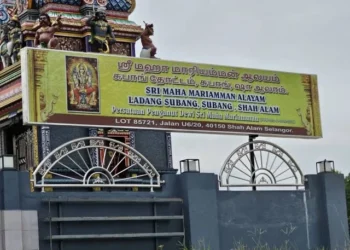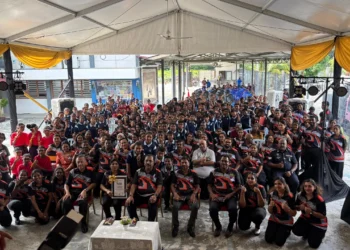There are still many Indians in Malaysia who do not have citizenship rights. Beluran Palm Oil Plantation, Sandakan’s Batu 32, and Lahad Datu are regions that have approximately 200 Indians who are landless and without any formal Malaysian citizenship. Dato’ Nagaraju Appalasamy, Sabah Lahad Datu’s Indian Organisations Chairman, urges that the government take swift action to curtail this issue in order to prevent it from affecting future generations of Indians.
In 1965, under the agreement of the Malaysian Immigration Department and the Sabah Labour Directive, an estimated 10,000 Indian labourers were brought from Peninsula Malaysia to work in Sabah. While some had opted to come back to the peninsula, there were many who chose to stay in Sabah, where they had married Indonesians and Filipinos and had children with them.
Because they were married to Indonesians and Filipinos, their children do not have an IC. These children have documentation problems, and because of that, these Indians cannot leave their children, which is why they chose to stay. They do not receive any concessions from the government.
– Dato Nagaraju Appalasamy, Sabah Lahad Datu’s Indian Organisation’s Chairman
This problem was brought to the attention of the government in 1996 and continues to be made aware of by the current Indian ministers. It is informed that even when ministers come forward to help, the change in the political climate keeps putting a hold on implementation. Dato Nagaraju Appalasamy states that he is currently trying to speak to the Ministry of Human Resources about solving this issue and reassures that he will continue to fight for the citizenship rights of Indians in Sabah.
As shared with Bernama, Professor Rishikumar Loganathan, Secretary of Sabah Lahad Datu’s Indian Organisation, highlights how the lack of citizenship rights also greatly hinders the younger generation of Indian descent who can properly progress in their studies. There are approximately 150 students who have completed their primary-level schooling, but they cannot advance to attaining secondary education. Those who do get permission letters to attend secondary schools do so by being categorised as “foreigners”, which means they have to pay a yearly fee to attend government secondary educational institutes. Professor Rishikumar emphasises that although their organisation tries to aid these people, after a certain level, it is only through gaining citizenship that these people can be completely independent. He also revealed how the lack of citizenship also leaves these workers to receive salaries that are below the minimum wage, making them vulnerable to labour exploitation.
Source: Bernama
All Images Sourced From Bernama Seithigal
Follow us on Instagram, Facebook or Telegram for more updates and breaking news.


